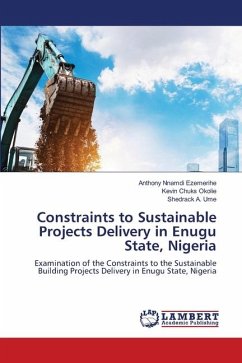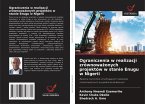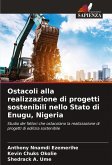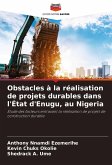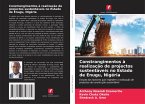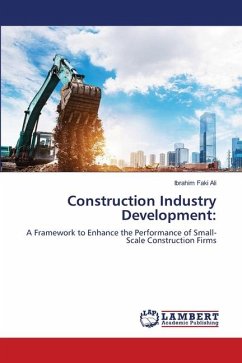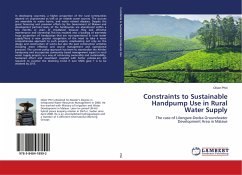The work is aimed at examining the constraints to sustainable building projects delivery in Enugu State with a view to developing a framework for an effective and sustainable projects delivery in Enugu State. The analysis and testing of hypothesis was done using common size percentage analysis, mean score using five point likert rating scale, severity index / ranking, regression and correlation analysis. The results show that the critical success factors has the highest mean rating of 4.15 with 82.9% severity index while impact on constrain factors mean is 4.02 with 80.4% severity index and the least is identified constrained factors with mean of 3.70 and 73.9% severity index. The established critical success factors were used to develop a framework for sustainable building projects delivery in the state. The work concluded that sustainable buildings offer a holistic approach to ecological (environmental), socio-cultural, economic, technical aspects, process and location. The integration in the design, planning, execution, and whole life assessment maintenance would provide less impact to the environment and most cost effective over the buildings' life cycle.
Bitte wählen Sie Ihr Anliegen aus.
Rechnungen
Retourenschein anfordern
Bestellstatus
Storno

